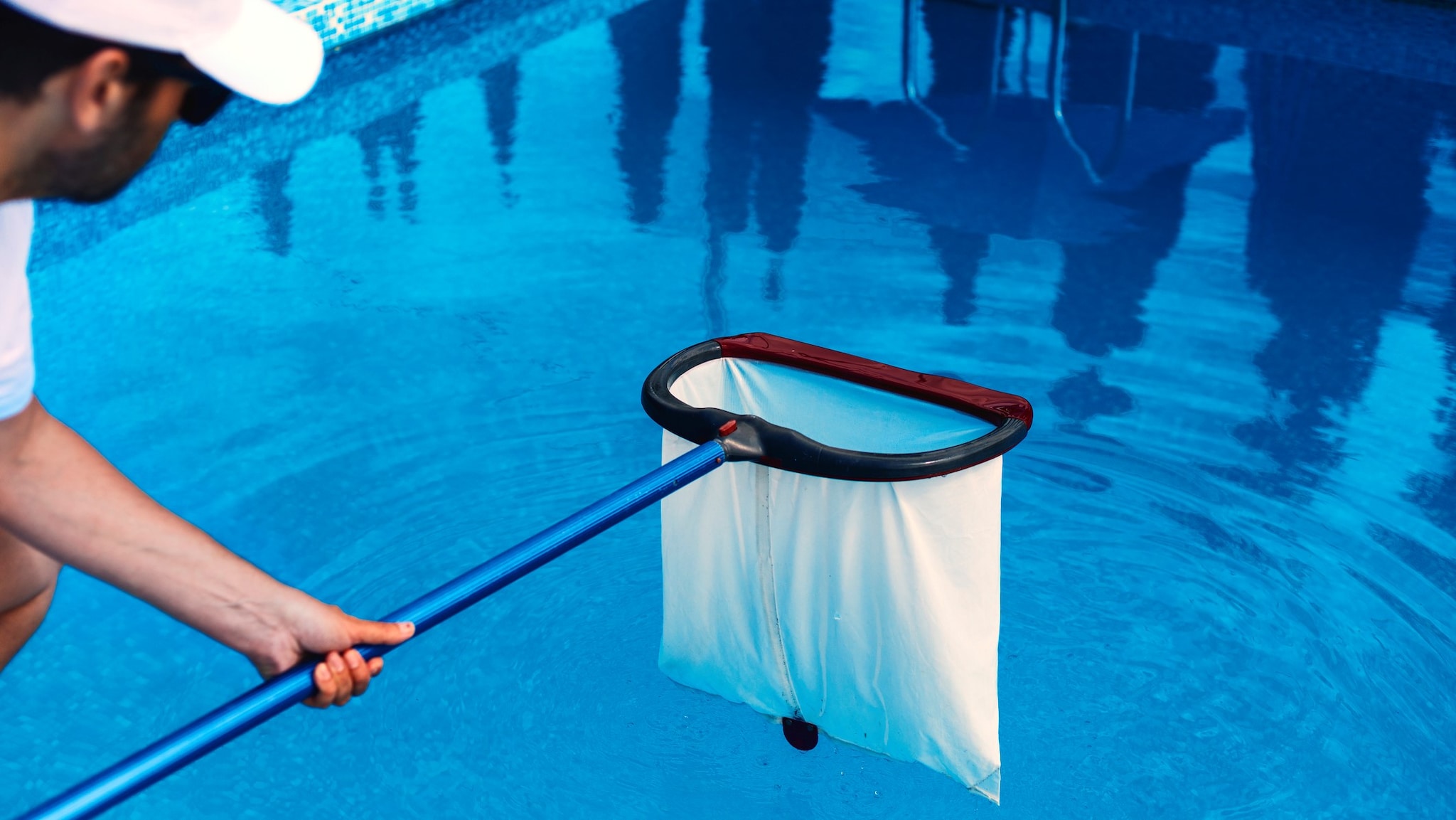Key points
- Most dead animals in pools do not pose a health risk to swimmers, with the exception of dead raccoons.
- If you find a dead animal in the pool, you can follow the removal and disinfection steps on this webpage to rid your pool of any potential germs.

Overview
Many types of domestic and wild animals — including skunks, birds, mice, gophers, rats, snakes, frogs, and bats — can be found dead in pools. Most dead animals in pools do not pose a health risk to swimmers. However, dead raccoons in pools can pose a health risk. This is because raccoons might be infected with a worm called Baylisascaris, which can be spread to humans.
Steps to take
If you find a dead animal in the pool, follow these steps to remove the animal and disinfect the water:
- Close the pool to swimmers.
- Put on disposable gloves.
- Use a net or bucket to remove the dead animal from the pool.
- Double bag the animal in plastic garbage bags.
- Clean off any debris or dirt from the item used to remove the dead animal.
- Remove gloves and place them in the garbage bags.
- Close the garbage bags and place them in a sealed trash can to help keep wild animals away from the dead animal.
- Wash your hands thoroughly with soap and water immediately.
- Raise the free chlorine concentration to, or maintain it at, 2 parts per million (ppm); maintain the pH levels at 7.5 or less; keep the temperature at 77°F (25°C) or higher. The free chlorine and pH should remain at these levels for 30 minutes.
- Confirm that the filtration system is operating properly during this time.
- Disinfect the item used to remove the dead animal by immersing it in the pool during the 30 minute disinfection time.
